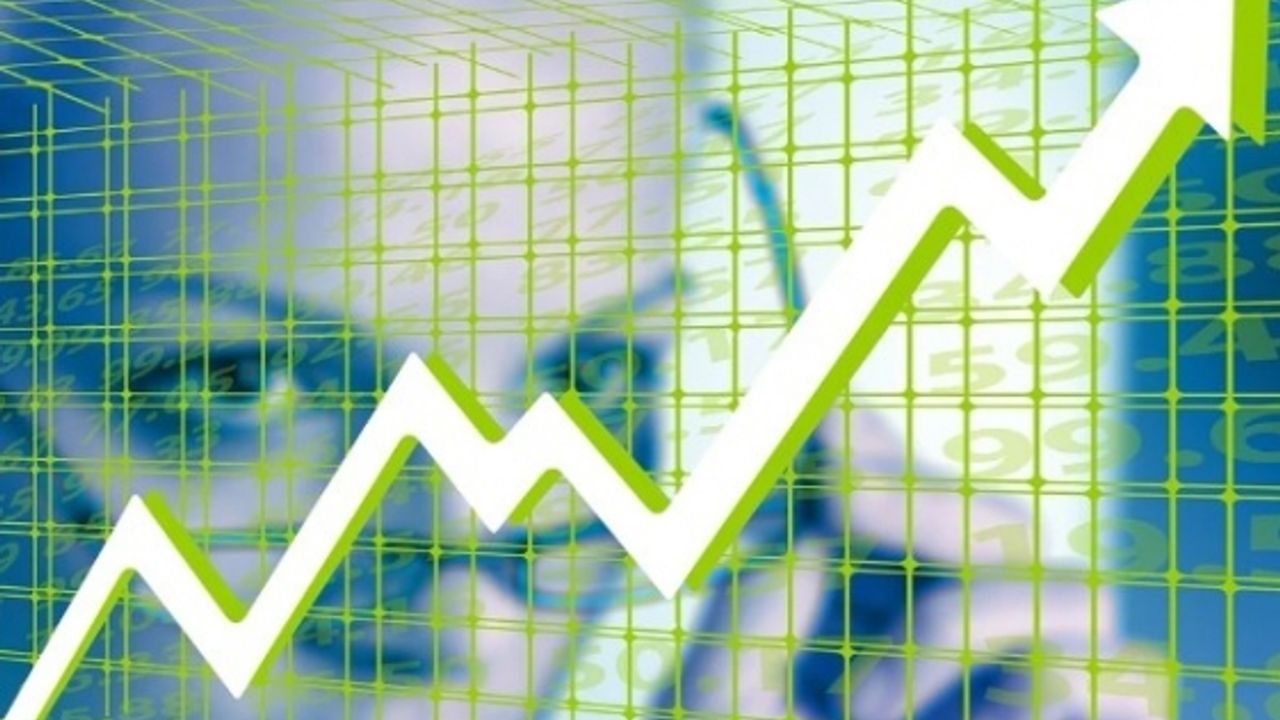The CBRT will announce the first Inflation Report of 2021 tomorrow. The CBRT, which did not increase the interest rates in the MPC decisions on January 21, added "hawkish" messages against inflation by adding statements stating that the tight monetary policy would be implemented for a "long term" and if necessary, additional tightening could be made. We expect the Central Bank to continue this verbal guidance and once again underline the recent hawkish expressions.
Since the beginning of November; In the process that started with the change of the Central Bank and the economic management, a simple policy basis was determined and tightening was established on the policy rate. The process for a significant transformation was initiated in the macroeconomic imbalances brought about by the wide-scale loan growth in the 3Q20 period. In the previous period; General economic policie; with the focus on growth, high credit growth increased inflation, current account deficit and dollarization, while reserves were significantly reduced to keep interest rates low. After taking Office, New Central Bank Governor Mr. Ağbal initially returned to the Orthodox policy ground and then pulled the interest rates high enough against high inflation.
We will continue to experience the impact of the current difficulties in inflation in the coming months. The pass-through effect of past exchange rate increases, seasonal conditions, food inflation and input prices are observed as factors that increase inflation. The upward trend in the general trend and outlook of inflation may cause the Central Bank to raise interest rates in the 2nd or 3rd month of the year. Although the real interest rate seems high enough, within the framework of inflation realizations in the following months, the CBRT may have to increase the interest rate by 100 basis points. Since we generally deviate upward in terms of expected inflation, calculating the real interest rate according to the realized inflation under the following conditions reflects the current situation better.
The Central Bank had set its 2021 forecast as 9.4% in the last Inflation Report period. General expectations are above this level. There is a risk that the disinflation process will be delayed or the destination point will fall short. If there will be an upward revision in interim inflation expectations in terms of catching up with the market, this may be subject to market evaluation as a hawkish action.
The disinflation process will also need to be approached with caution. We are monitoring the upside risks regarding the peak of inflation and how much it can retreat from this peak. The progressive process will be important for the coordination of monetary and fiscal policies in terms of fighting inflation. Establishment of a certain fiscal discipline and specific policies to be applied in fields such as agriculture and industry constitute the fiscal policy part of the fight against inflation. If there is an early easing cycle, the increasing macro imbalances in the period of high loan growth will increase inflation, and widen the current account deficit.












